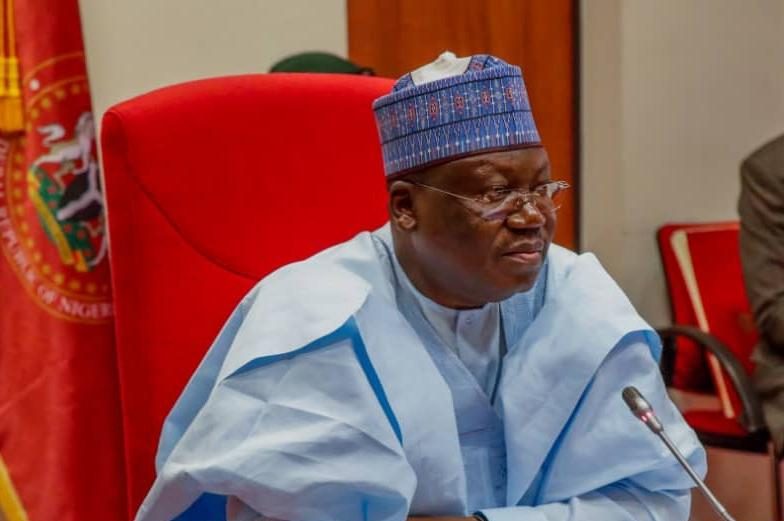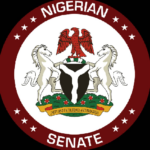Senate President, Ahmad Lawan has said that any further delay in the passage of the Petroleum Industry Bill (PIB) will cost more colossal losses to Nigeria’s economy.
He spoke on Monday at a 2-day public hearing on PIB at the National Assembly, Abuja.
The Oil and Gas reforms began in April 2000 when the then President Olusegun Obasanjo inaugurated the Oil and Gas Reform Implementation Committee.
The work of the reform Committee culminated into the Petroleum Industry Bill which was later transmitted to the 6th Senate in September, 2008 and since then, efforts by successive Senate to get the Bill passed have not yielded the much desired result.
Lawan said: “It is a known fact that the non-passage of the PIB has been a major drag on the industry over the years, significantly limiting its ability to attract both local and foreign capital at a time when many other countries are scrambling to exploit their oil and gas resources.
“The mere knowledge that the nation’s oil industry is still being govern by laws enacted more than 50 years ago is ludicrous and extremely disappointing,” he said.
- Says bill will be passed this year
Lawan, however, assured that the current National Assembly has been working assiduously in conjunction with critical stakeholders to get the Bill passed this year.
“This is a promise we have made and that we shall achieve. Nigeria must have an Oil and Gas Industry that benefits its people.
“I want to assure you that we will deal with all issues relating to the oil and gas industry with thoroughness and effectiveness. We cannot afford to delay, as delay will cost more colossal losses to our economy,” he said.
Lawan said Nigeria’s oil and gas industry has experienced several shocks and challenges over a long period as a result of outdated laws.
These challenges, he said, included those dictated by global practices, the persistent calls for the deregulation of the downstream sector, the agitation of the oil producing communities and the unbundling of the NNPC.
“Our determination to pass the Bill is driven by the need to overhaul a system that has refused to operate optimally in line with global standards, resulting into loss of continental competitiveness, transparency, accountability, good governance and economy loss for the petroleum industry and the country.
“More so, the challenges surrounding the future usefulness of petroleum resources and the increased level of uncertainty on oil demand calls for great concerns. It is estimated that with the evolving of new technologies, fossil fuel may be less attractive if not of no value in the next 20 years. It is therefore time for us to make maximum benefit of our fossil fuel reserves through this reform before it fades away,” he added.

 Join Daily Trust WhatsApp Community For Quick Access To News and Happenings Around You.
Join Daily Trust WhatsApp Community For Quick Access To News and Happenings Around You.

